Bulk Bags: The New Trend in Industrial Packaging
In recent years, bulk bags have emerged as a new trend in industrial packaging, revolutionizing the way various materials are stored, transported, and handled. Also known as flexible intermediate bulk containers (FIBCs), bulk bags are large, strong, and durable bags designed to hold and transport a wide range of materials, from powders and granules to chemicals and food products. This versatile packaging solution has gained popularity across industries due to its numerous benefits and cost-effective nature.
In recent years, bulk bags have emerged as a new trend in industrial packaging, revolutionizing the way various materials are stored, transported, and handled. Also known as flexible intermediate bulk containers (FIBCs), bulk bags are large, strong, and durable bags designed to hold and transport a wide range of materials, from powders and granules to chemicals and food products. This versatile packaging solution has gained popularity across industries due to its numerous benefits and cost-effective nature.
One of the key advantages of bulk bags is their ability to store and transport large quantities of materials in a single container. This not only reduces the need for multiple smaller containers but also minimizes handling and transportation costs. Additionally, bulk bags are designed to be stackable, allowing for efficient use of storage space in warehouses and during transportation. This makes them an ideal choice for businesses looking to streamline their logistics and storage processes.

Another benefit of bulk bags is their strength and durability. These bags are typically made from woven polypropylene or polyethylene fabric, which provides excellent resistance to tearing, puncturing, and UV rays. As a result, bulk bags can withstand the rigors of transportation and storage, ensuring that the materials inside remain secure and protected. This durability also means that bulk bags can be reused multiple times, making them a sustainable and environmentally friendly packaging option.
Furthermore, bulk bags offer superior breathability, which is particularly important for materials that require ventilation or moisture control. The woven fabric construction allows air to circulate through the bag, preventing the buildup of moisture and maintaining the quality of the materials inside. This is especially beneficial for agricultural products, such as grains and seeds, as well as for products that are sensitive to moisture or humidity.
In addition to their physical attributes, bulk bags are also highly customizable to meet specific industry requirements. They can be tailored with various features, including different types of closures, lifting loops, discharge spouts, and liners, to accommodate the unique needs of different materials and applications. This versatility makes bulk bags suitable for a wide range of industries, including agriculture, construction, mining, chemicals, and food processing.
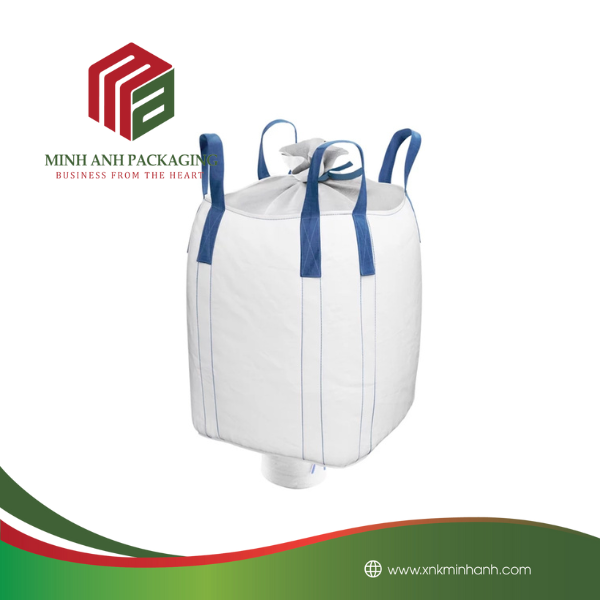
The use of bulk bags also aligns with the growing emphasis on sustainability and environmental responsibility in the industrial sector. By reducing the need for traditional packaging materials such as cardboard boxes, drums, and pallets, bulk bags help minimize waste and contribute to a more sustainable supply chain. Furthermore, their reusability and recyclability make them an eco-friendly choice for businesses aiming to reduce their environmental impact.

As the demand for efficient and cost-effective packaging solutions continues to rise, bulk bags have become an increasingly popular choice for businesses seeking to optimize their operations. With their ability to streamline logistics, enhance product protection, and minimize environmental impact, bulk bags are poised to remain a key player in the industrial packaging landscape.
In conclusion, bulk bags have emerged as a new trend in industrial packaging, offering a range of benefits that make them an attractive choice for businesses across various sectors. Their ability to store large quantities of materials, their strength and durability, breathability, customization options, and sustainability make them a versatile and cost-effective packaging solution. As industries continue to prioritize efficiency and environmental responsibility, bulk bags are likely to see continued adoption and innovation in the years to come.
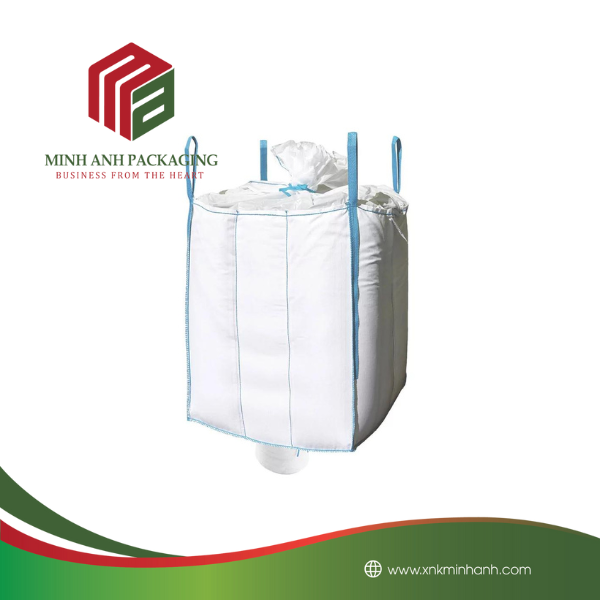
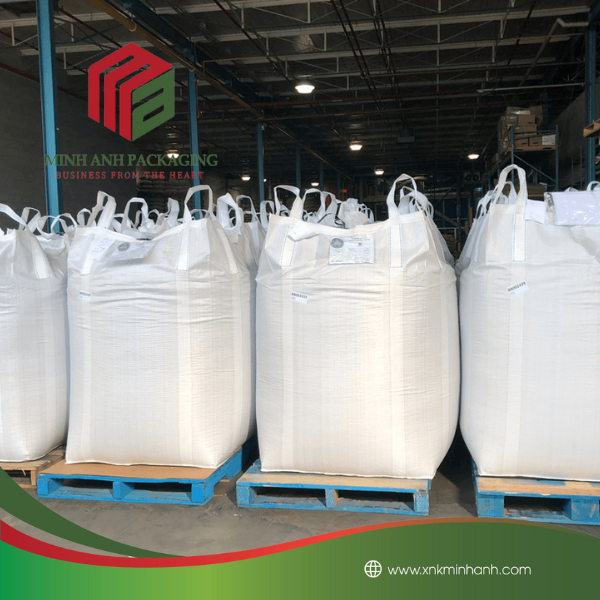
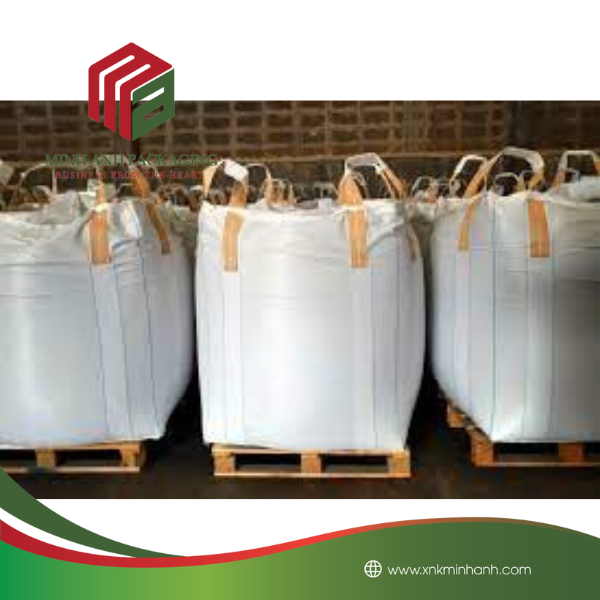
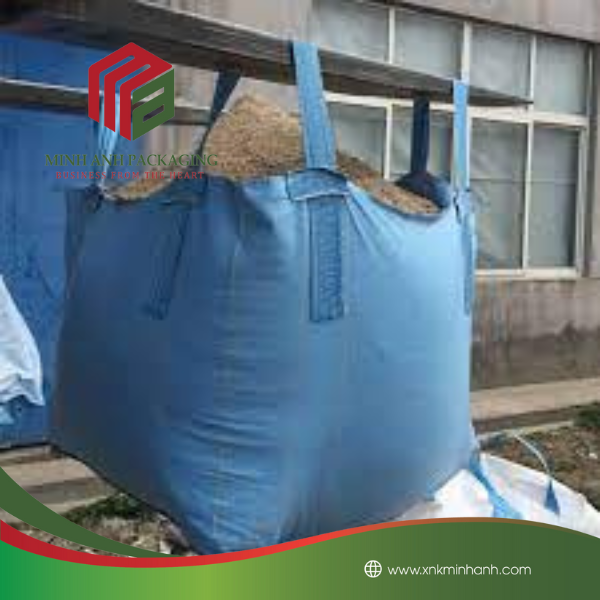
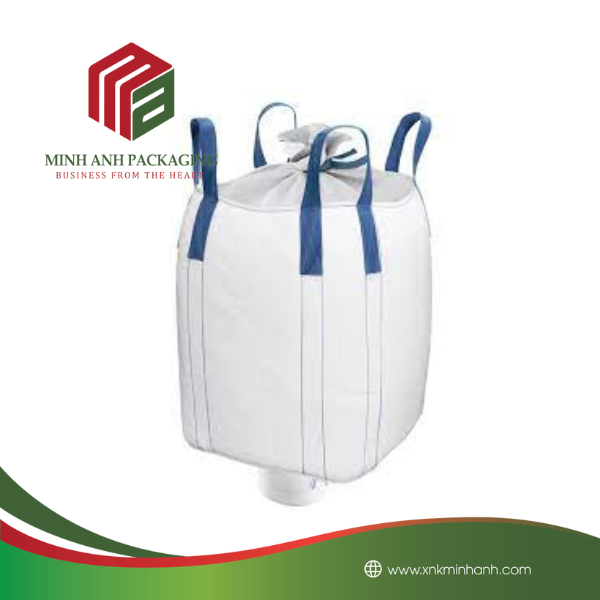
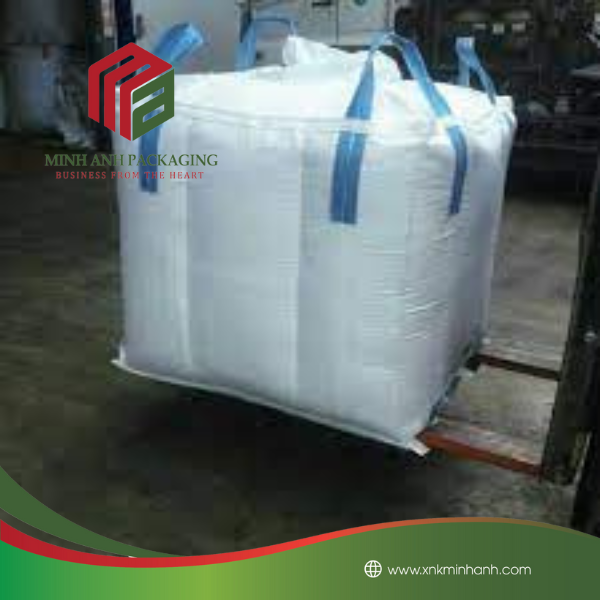
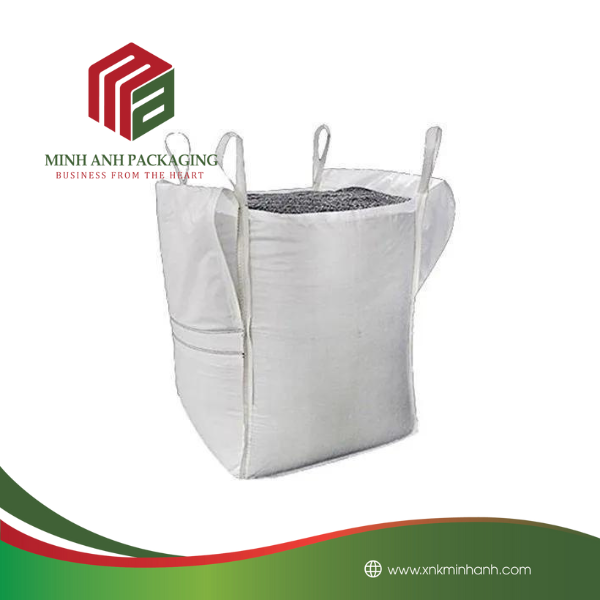
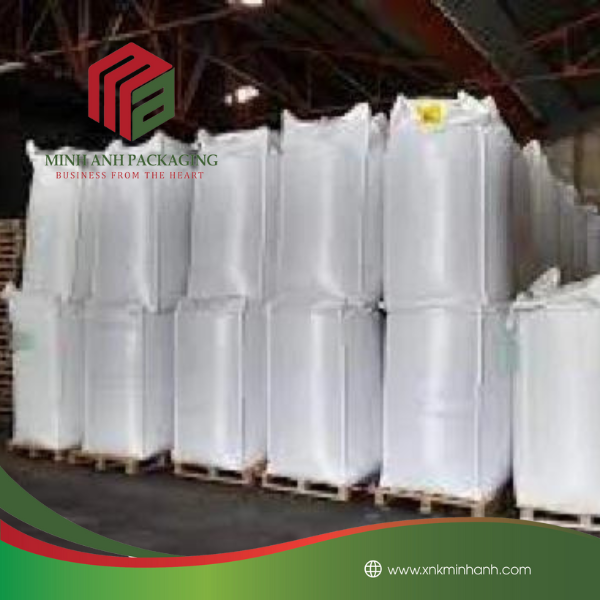
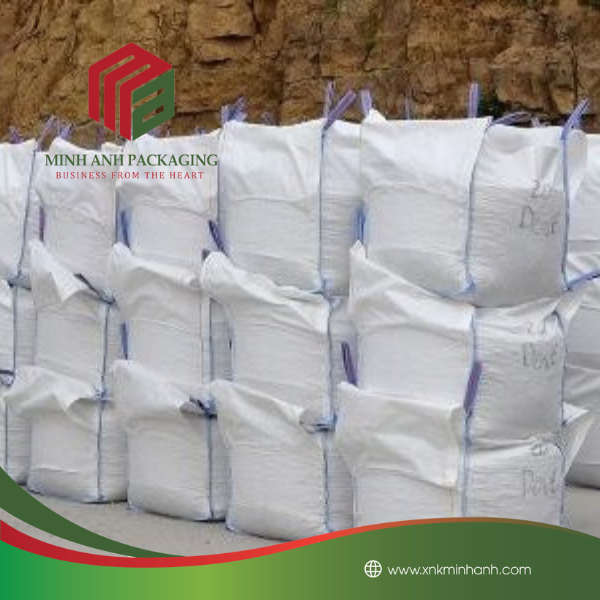
Hãy là người đầu tiên nhận xét “Bulk Bags: The New Trend in Industrial Packaging” Hủy
Sản phẩm tương tự
Tin Tức Bao Bì
Tin Tức Bao Bì
Tin Tức Bao Bì
Tin Tức Bao Bì
Tin Tức Bao Bì

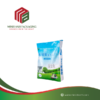
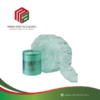











Đánh giá
Chưa có đánh giá nào.